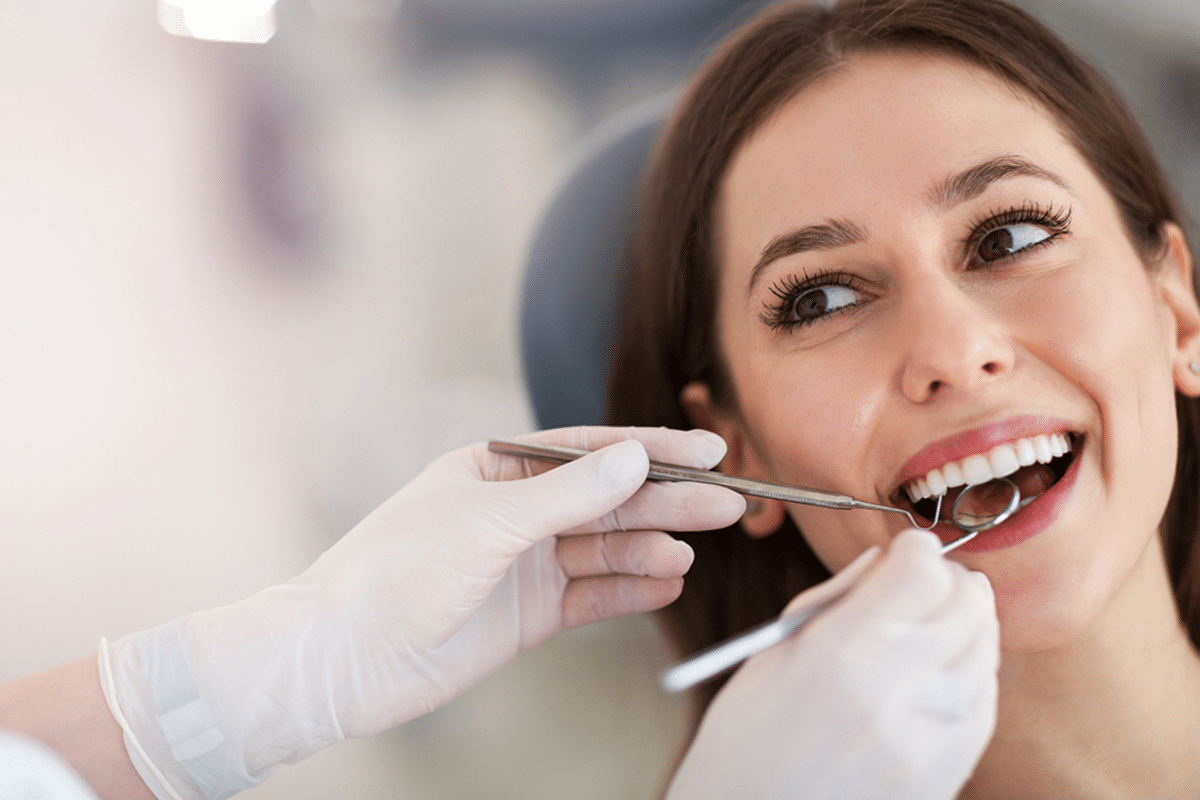Let’s face it, having to visit your dental clinic in Davie every six months probably isn’t something you’re overly excited about. Perhaps, you may even be wondering if the appointment is that important.
Now, before you decide to skip your regular dental checkup and cleaning, you need to know what the outcomes are. Sure, you may think you’re saving yourself time or money at first; however, what you could end up paying in the future for not visiting your dental clinic will be much higher.
Save yourself the worry and the money, by visiting your dentist biannually. Continue reading to learn the top health reasons for a dental cleaning and examination which will have you excited about your next appointment.
Oral Cancer Detection
Oral cancer is a life-threatening disease that manifests itself in numerous ways. If you can’t recognize the signs of cancer, most times it won’t be diagnosed soon enough and will progress quickly. Luckily, if oral cancer is diagnosed in its earliest stages, it can easily be treated.
When you visit your dentist for regular cleaning and checkup, they can perform a VELscope Cancer Exam. This is both non-invasive and painless and can detect cancer lesions in as little as one minute. Note, the key to successful treatment is to recognize oral cancer in its early stages which is why regular checkups are essential.
Plaque, Tartar, and Cavities
No matter how disciplined you are when it comes to brushing and flossing, plaque can buildup in small areas of your mouth and turn into tartar. Without the help of a dental professional, plaque buildup is impossible to remove.
Attending regular dental cleaning appointments will prevent tartar from eroding your teeth or creating holes in them (cavities).
Cavities can form suddenly on your teeth, and once they become decayed, you will have to visit your dentist in Miami for a filling. The good news is, the cost and time required for a filling procedure could all be avoided by simply visiting your dentist. Regular cleaning can reduce plaque and tartar buildup in the mouth before it’s too late.
Gum Disease
When tartar and plaque build up, an infection of the gums called “gingivitis” can occur. When a patient has gingivitis, the gums will become red, swollen and bleed easily. If left untreated, gingivitis can advance into periodontitis, which causes the gums to recede and form pockets that become infected. Over time, the bones, gums, and tissues that support the teeth will breakdown. Tooth loss is also common at this point and will require intensive treatment such as surgery. This can all be avoided by visiting your dental clinic in Miami for a dental cleaning and examination to detect gingivitis before it advances.
Quitting Bad Habits
Whether your bad habits are intentional or not, they can negatively affect your oral health. Habits such as, smoking, eating sticky or hard sweets, drinking coffee or wine, nail-biting, chewing on ice and bruxism can all cause oral damage. During your regular dental checkups, your dentist can examine your teeth for damage and treat it. Not only this, your dentist can help you recognize which of your bad habits are destructive so that you can put an end to them and prevent additional damage.
Detect Problems Under the Surface With X-rays
When you visit your dental clinic in Davie for a dental cleaning and examination every 6 months, your dentist will use X-rays to diagnose issues beneath the surfaces of your mouth that are invisible to the human eye.
Impacted teeth, bone decay, swelling, cysts or tumors, are just a few of the issues X-ray imaging can detect. Diagnosing oral issues early on will allow your dentist to treat them before they progress.
Head, Neck, and Lymph Node Checks
In only a few minutes, your dentist can detect abnormalities that could be the sign of an extremely serious disease, such as cancer. During your regular checkup, they will examine your neck, jaw, and lymph nodes for swelling or lumps. These signs typically don’t cause you pain or seem unordinary, but if your dentist identifies them, they will require immediate attention.



